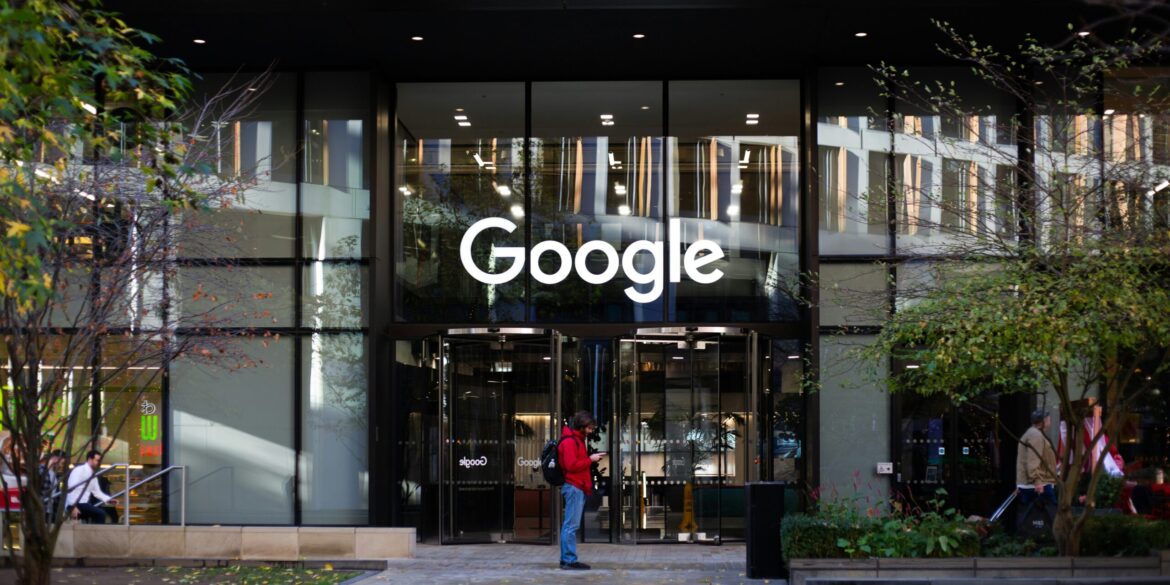Google has officially confirmed that its annual Made by Google 2025 hardware event will take place on August 20 in New York City, with the keynote set to begin at 10 a.m. Pacific Time, or 1 p.m. Eastern. The highly anticipated event will be livestreamed globally on YouTube and is expected to be one of Google’s most ambitious hardware showcases to date. The company has been steadily building hype around the event with teaser videos and social media announcements, signaling a bold push into the next generation of consumer tech.
The spotlight of the event is expected to be the unveiling of the Pixel 10 lineup. This includes the standard Pixel 10, Pixel 10 Pro, and the larger Pixel 10 Pro XL. A fourth model, the Pixel 10 Pro Fold, is also expected to be revealed, representing Google’s second major foray into foldable devices. All of these models are rumored to be powered by the new Tensor G5 chip—Google’s latest in-house silicon that promises improved AI integration, better thermal performance, and longer battery life. The Pixel 10 phones are expected to debut with Android 16 pre-installed, featuring deeper AI-driven capabilities, enhanced personal assistant functionality, and updates to digital wellbeing tools.
In terms of design, the Pixel 10 series is anticipated to refine Google’s familiar aesthetic with new materials, thinner bezels, and more compact form factors. Camera enhancements will likely be front and center, with leaks suggesting advanced telephoto capabilities, a new ultrawide sensor, and expanded computational photography features. Additionally, the new Pixels are expected to support Qi2 wireless charging and feature a magnetic accessory system called “Pixelsnap” that mirrors Apple’s MagSafe functionality—allowing for an ecosystem of attachable add-ons, such as cases, wallets, and wireless chargers.
Alongside the smartphone announcements, Google is preparing to launch the Pixel Watch 4. Reports suggest this next-generation wearable will build on the foundation laid by its predecessors with a focus on improved battery life, a slimmer profile, and deeper integration with Fitbit health tracking. The new model may also feature expanded sports modes, upgraded sensors, and more customization options for straps and watch faces. The Pixel Watch 4 is likely to ship with the latest version of Wear OS, optimized for the new hardware.
Read Also: https://nyreview.com/how-to-find-the-perfect-moving-company-near-me-key-tips-and-insights/
Audio enthusiasts can also expect an update in the form of the Pixel Buds 2a—a more affordable entry in Google’s wireless earbud lineup. While exact specifications remain under wraps, the buds are expected to offer active noise cancellation, clearer voice pickup for calls, and improved connectivity. These earbuds would give Google a stronger position in the increasingly competitive mid-range audio market, bridging the gap between the high-end Pixel Buds Pro and the budget Pixel Buds A-Series.
This year’s Made by Google event also arrives with heightened attention due to Google’s emphasis on AI. Beyond the hardware, the company is expected to showcase new software experiences and enhancements to Google Assistant, as well as Android 16 features tailored for the new hardware. Google’s ongoing effort to embed AI across its devices and services will be a central theme—especially as rivals like Apple and Samsung push similar integrations.
By choosing New York City as the backdrop for this year’s showcase, Google is signaling its intent to blend consumer lifestyle appeal with cutting-edge technology. It also marks a departure from last year’s Mountain View-based event, underscoring the brand’s growing emphasis on positioning its devices not just as tools, but as fashion-forward, daily lifestyle companions.
As the tech world gears up for a busy hardware season, all eyes will be on Google to deliver on the promises of performance, innovation, and intelligent design. The Made by Google 2025 event could set the tone for the company’s hardware ambitions for the year—and redefine what users expect from smart devices in an AI-driven world.


